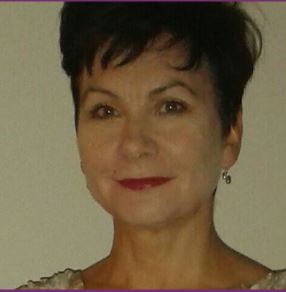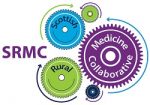RESEARCH by a member of the Scottish Rural Medicine Collaborative’s programme board has shed new light on the use of technology enhanced learning (TEL) for remote and rural healthcare staff.

Dr. Pam Nicoll, PhD
Pam Nicoll serves on the board as NHS Education for Scotland’s programme director of the Remote and Rural Healthcare Alliance (RRHEAL), which is committed to the development of affordable and accessible education that makes best use of digital technology for the remote, rural and island workforce.
And Pam, a graduate of the University of Glasgow, has taken her passion for good- quality, inclusive healthcare education to a new level by recently completing her PhD Doctorate from the University of Highlands and Islands.
She said: “Undertaking my PhD studies was a brilliant opportunity to capture some of the learning gained through my healthcare roles over the years and to take a deeper dive into researching the efficacy of TEL for healthcare professionals.
“I was keen from the outset to use the opportunity to carry out research that would not only add to the body of knowledge around TEL for healthcare education but also result in being of practical use to those designing and delivering education and training.”
With increasing emphasis on the use of digital technologies to support educational activities, Pam believes it is important to evaluate what works well, for whom, when and in what way to ensure that TEL for healthcare professional education programmes are effective and fit for purpose.
With increasing emphasis on the use of digital technologies to support educational activities, Pam believes it is important to evaluate what works well, for whom, when and in what way to ensure that TEL for healthcare professional education programmes are effective and fit for purpose.
The title of her PhD thesis was The design, implementation and testing of a
technology enhanced learning evaluation tool for healthcare professional education programmes: A Realist Evaluation Study. And its end product is a unique and ready-to-use evaluation tool to measure and improve TEL education and training programmes for multidisciplinary health and care professionals.
Pam’s research and the evaluation tool are already being put to good use, given the exponential rise in the amount of education and training being delivered at distance using technology as a result of the Covid-19 pandemic. The next stage, she says, is to refine the valuation tool into an online application that can be shared widely with partners across a range of different sectors.
SRMC programme manager Martine Scott said: “Pam’s commitment to and in-depth knowledge of her specialist field has been invaluable to the work of the collaborative. She deserves our congratulations for her PhD and for an important body of work which will surely make a significant contribution to healthcare education development.”
